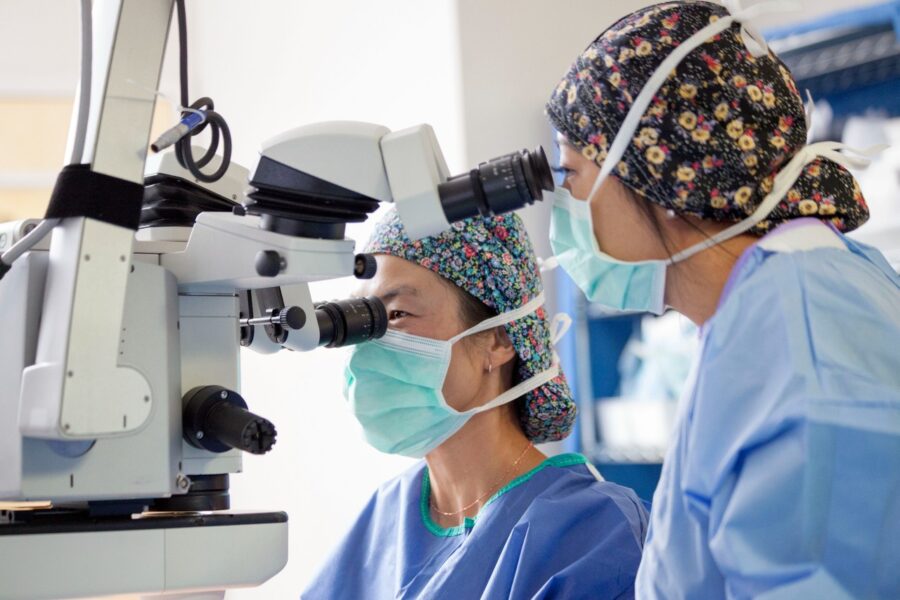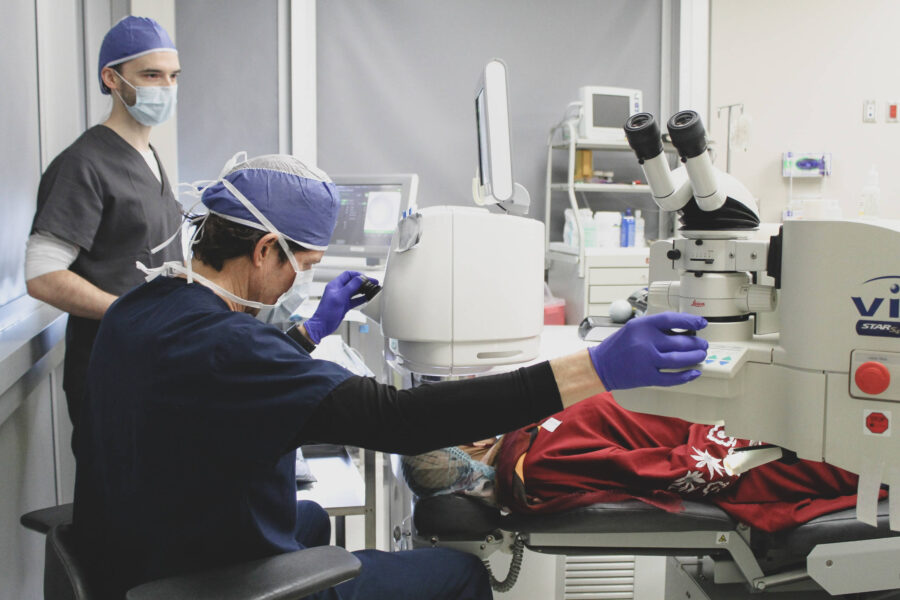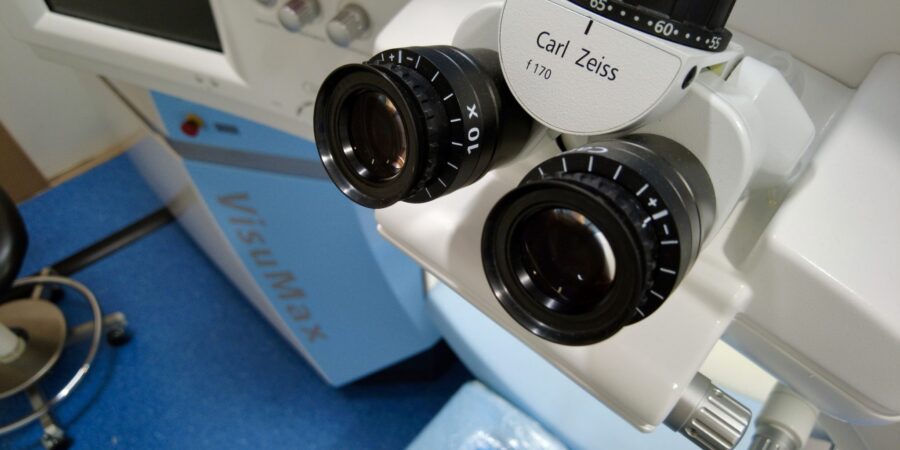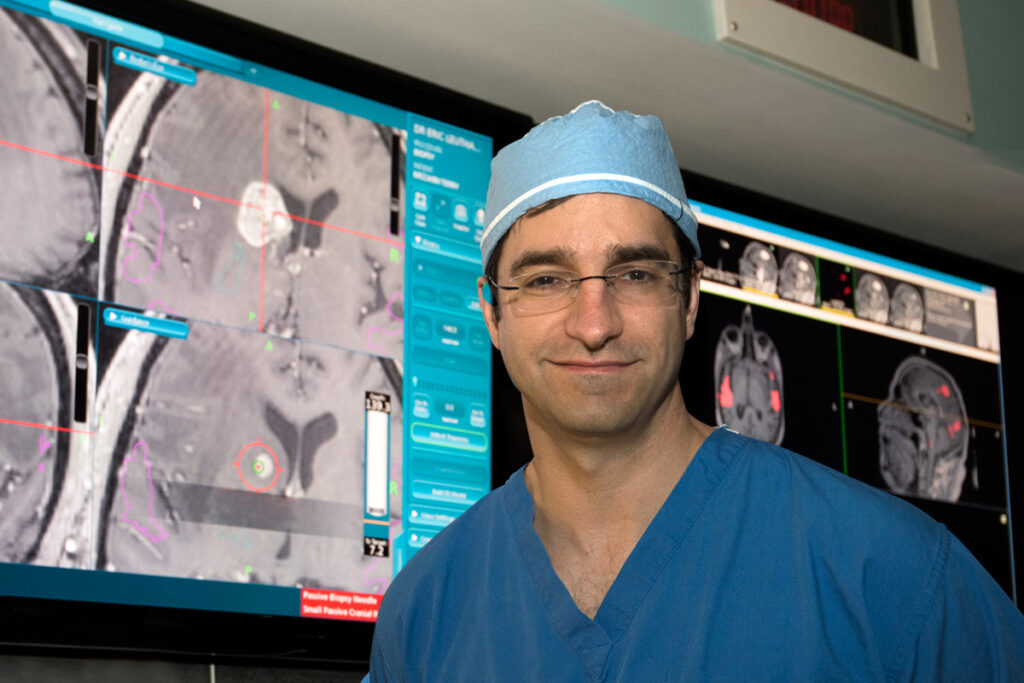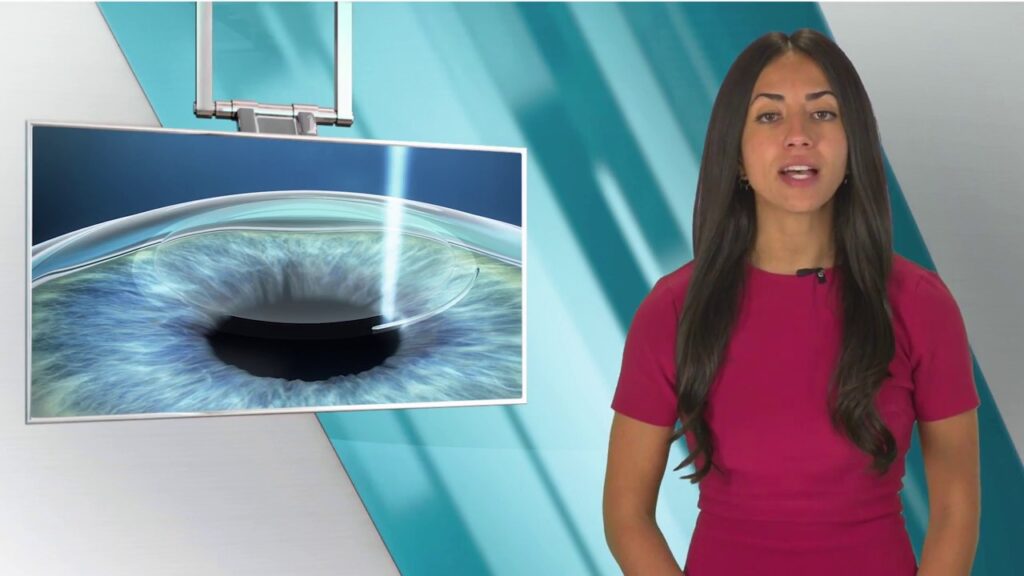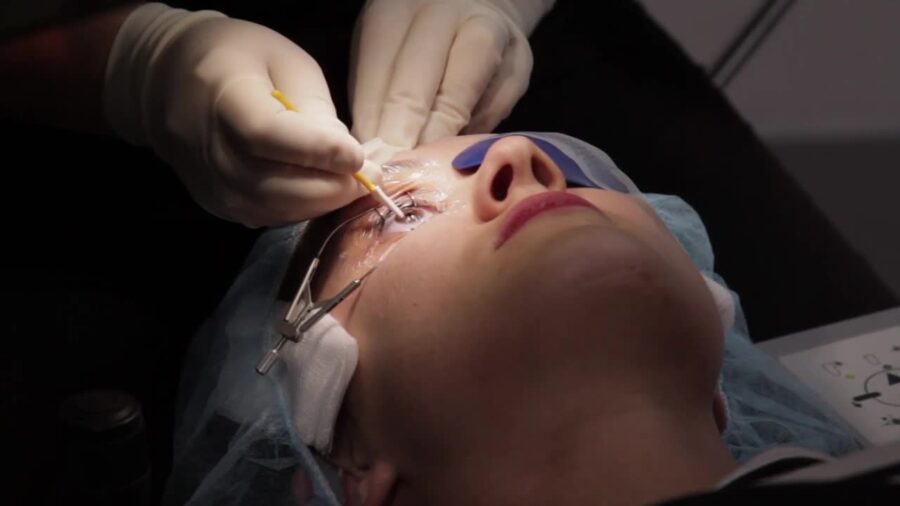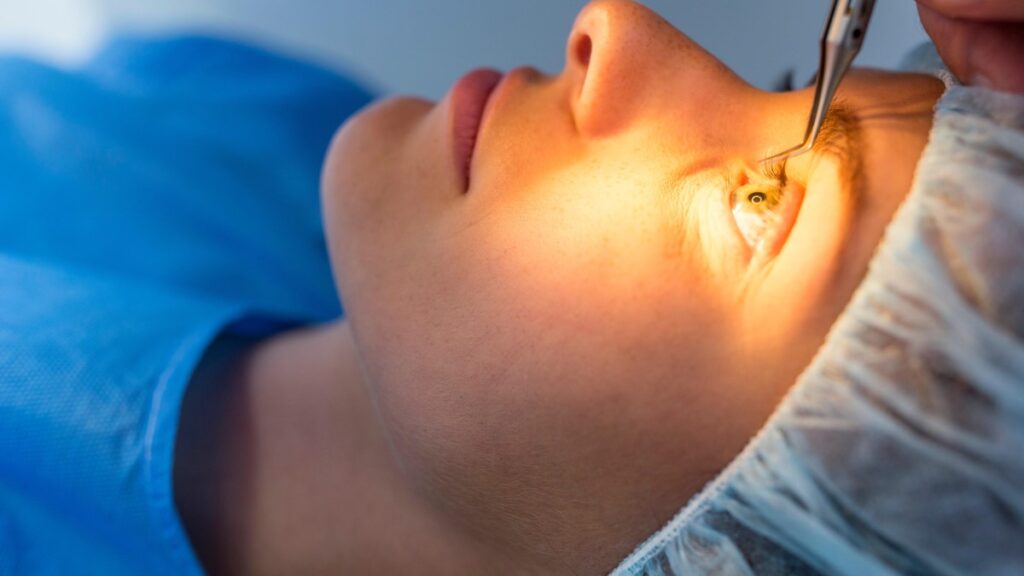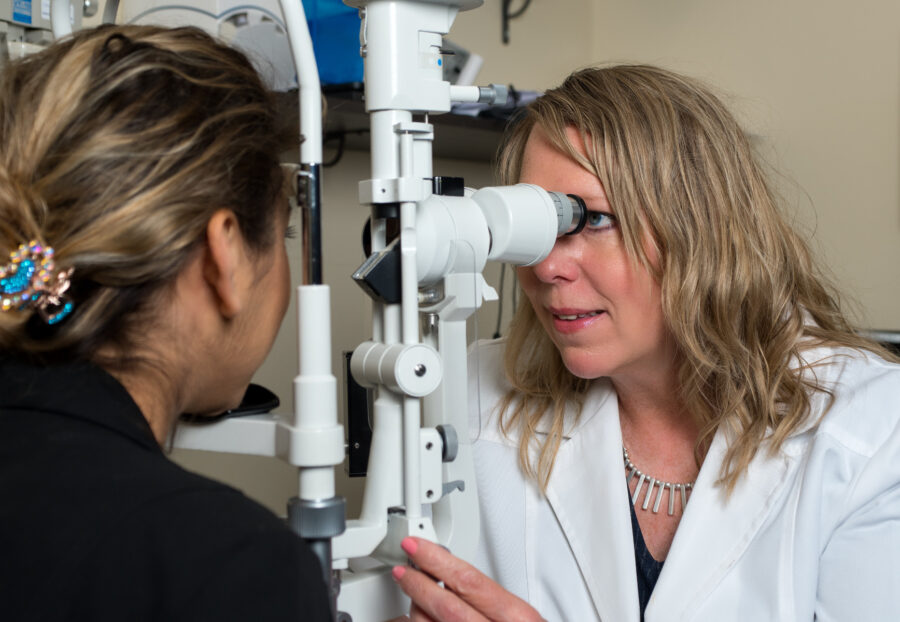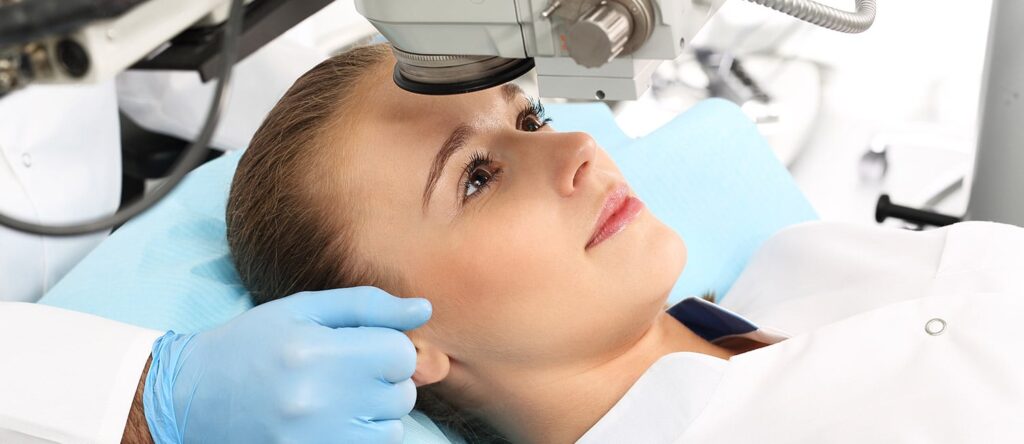Cataracts may cause blurry or cloudy vision due to cloudy eye lens formation. Meanwhile, new cataract surgery uses small incision cataract surgery (SICS). SICS removes the cloudy natural lens. However, SICS has only been around for a short time.
Standard cataract surgery also has many benefits over older methods. Phacoemulsification cataract surgery Sydney involves removing a lens through a small opening. The SICS process begins with a tiny incision of about 2.2 to 3.2 mm made in the eye. Then the cataract and intraocular lens (IOL) are surgically removed and implanted.
Which cataract surgery method is the best?
This cataract surgery is a painless process with a recovery time of about a month. During the surgery, a new artificial lens replaces the natural lens. The doctor’s office can also help as your eye heals by following the cataract surgeon using a laser beam. Different cataract forms may involve a clear artificial lens of your eye. Cataract surgery requires the patient to rest for several weeks after the procedure.
Phaco Cataract Surgery vs. Other Cataract Surgeries
Compared to normal cataract surgery, SICS is less invasive due to the smaller incision size. The incision size also lessens the likelihood of cataract surgery issues like infection and bleeding. In addition, induced astigmatism can lead to lower visual clarity after cataract surgery. Finally, the precautions prevent infection without putting pressure on the eyes.
SICS is also cheaper than regular cataract removal by cataract surgery. Due to the smaller incision size, the procedure can be performed on patients in developing countries. An outpatient procedure called cataract surgery has some benefits and risks that could create double vision. It is also one of the safest surgical procedures using ultrasound waves with an ultrasound probe.
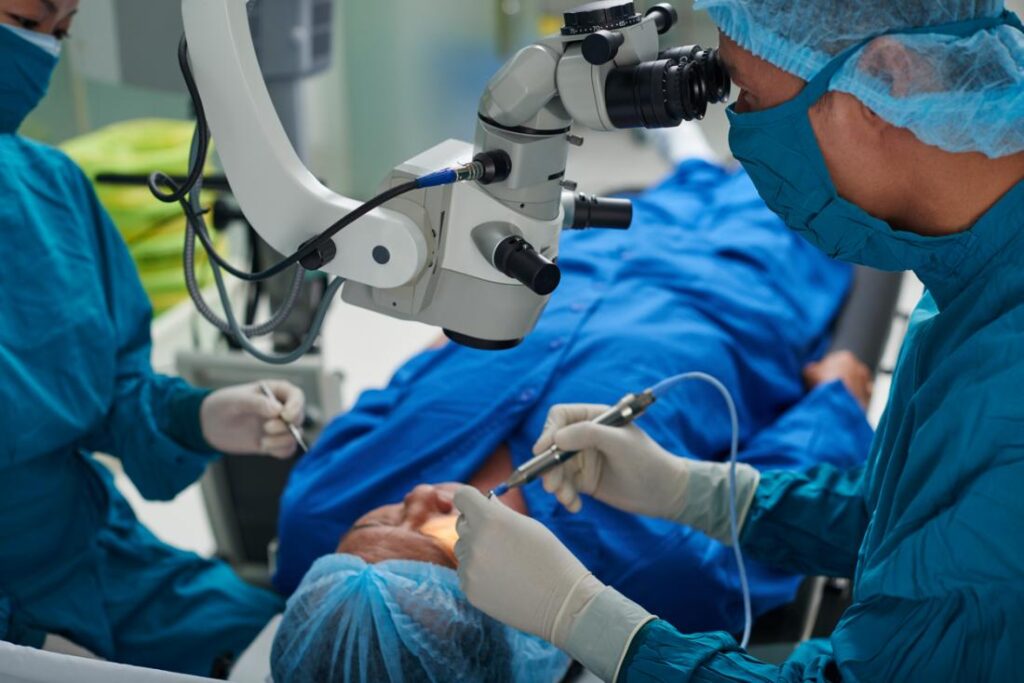
Who can undergo small-incision cataract surgery?
Despite its many advantages, some patients may not be good candidates for SICS. For example, patients with advanced cataracts may require a bigger incision to access the clouded lens. Cataract surgery, as we know it, may be the best option here.
Cataract removal via a small incision Cataract surgeries are safe, effective, and cost-efficient. Due to its benefits, cataract surgery has gained widespread favor among patients and ophthalmologists. The advantages include
• Faster recovery times
• Less invasive procedures
• Better vision quality
• Lower risk of complications
• Lower or affordable surgery costs
Talking to your doctor about SICS as an option for cataract surgery can help you make an informed decision. You can get back to normal activities after treating the affected eye. But only an eye surgeon can tell your need for cataract surgery. Apart from the initial diagnosis, you need a follow-up appointment.
Advantages of Phacoemulsification cataract surgery
Compared to normal cataract surgery, which requires a larger incision, SICS offers several advantages. Cataract surgery is also a safe procedure to improve your vision through a lens implant. In addition, you can get clear vision problems without severe issues during your recovery period.
Some of the many advantages of a SICS are as follows:
Faster recovery time
Recovery time after SICS is typically less than that after regular cataract surgery. Less trauma to the eye means less post-operative inflammation and comfort thanks to the smaller incision size. In most cases, patients can return to work or school within a week of surgery.
Lower Risk of Issues
Infection, bleeding, and swelling are less likely to occur with SICS. SICS is less invasive than traditional cataract surgery. Also, the smaller incision size lowers the need for sutures, a source of irritation and discomfort.
Better Vision Quality
SICS can potentially improve visual outcomes, most notably in astigmatism correction. Better visual acuity and less need for corrective lenses may result from the smaller incision size. The reason is that the cornea is less likely to be distorted.
Reduced Cost of Cataract Surgery
The cost of special surgical equipment can be reduced due to the smaller incision size required for SICS. As a result, SICS is a more cost-effective option than traditional cataract surgery. As a result, people in less developed nations can do the procedure quickly. Also, it is those without access to cutting-edge medical facilities can have the surgery.
Least disruption of the eye’s natural anatomy
SICS is a mild procedure that does not compromise the eye’s structure in any significant way. Less damage to the surrounding tissue from a smaller incision size means quicker healing and potentially less scarring.
Common Risks of the Phaco Cataract Surgery
Small Incision Cataract Surgery (SICS) carries any surgical procedure’s risks and potential complications. Despite SICS’s low-risk profile, patients should be informed of all potential complications before deciding to undergo the procedure. The following are examples of possible side effects and complications from SICS:
Infection
Any time tissue is cut, there is a chance of infection. For example, an infection can develop in the eye after SICS because the surgeon makes an incision. You may also want to use sterilised equipment.
Swelling:
Corneal swelling is a common adverse reaction to SICS. However, this is usually temporal independently after a few days to a few weeks.
Bleeding
There is a slim possibility of bleeding during SICS, called haemorrhage. Any time a blood vessel is cut during surgery, this is possible. However, a small amount of bleeding.
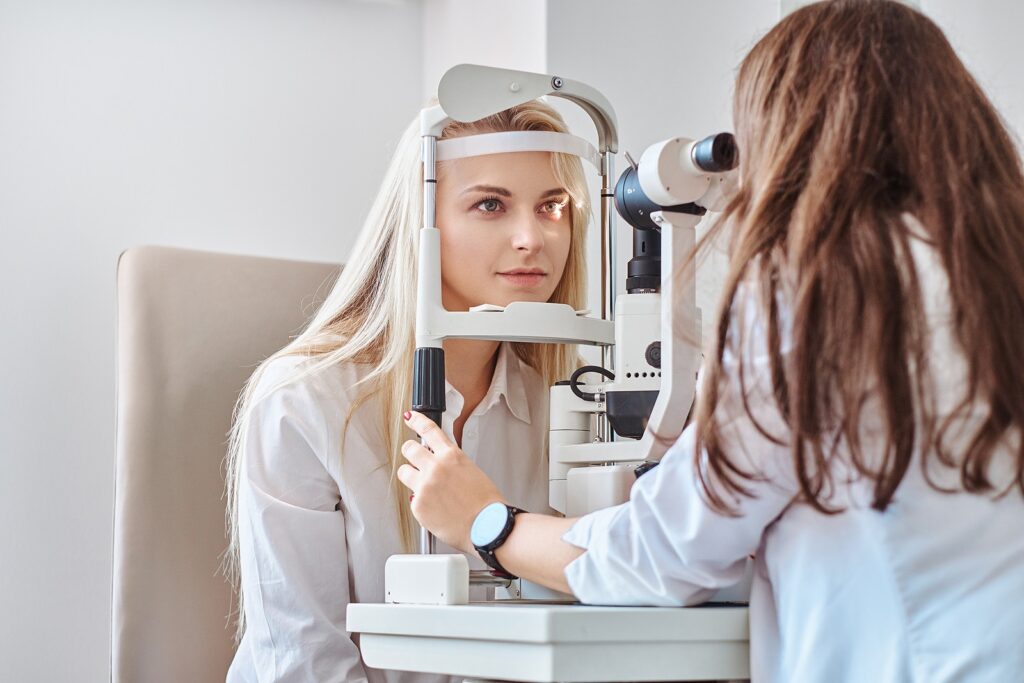
Damage to the cornea
In SICS, a tiny incision is made in the cornea to repair the damage. Problems with vision may occur in sporadic cases due to corneal damage. Ensuring the surgeon is competent and using safe surgical practices can reduce this danger.
Retinal detachment
Retina detachment occurs at the back of the eye in sporadic cases due to SICS. If this isn’t treated quickly, it can cause permanent vision loss.
A dislocated Intraocular lens (IOL)
During SICS for a dislocated intraocular lens, the surgeon removes the eye’s natural lens. He then replaces it with an artificial lens. The intraocular lens can become dislodged and cause vision issues in unusual circumstances. Correct surgical technique and timely follow-up care can significantly reduce this danger.
Glaucoma
The increased intraocular pressure that can result from SICS can lead to glaucoma. However, intraocular pressure monitoring after cataract surgery reduces this chance.
Conclusion
You get your normal vision with a protective shield after the cataract surgery. Also, the eye doctor can get your distance vision back by using a clear lens to correct poor vision. You should also follow instructions on the operated eye to prevent other issues. Using an eye shield or glasses, you can control the light pass and protect against eye infection. The risks above are highly unusual and SICS is a safe and effective procedure for most patients. Patients need to consult with an ophthalmologist about the procedure’s potential risks.


